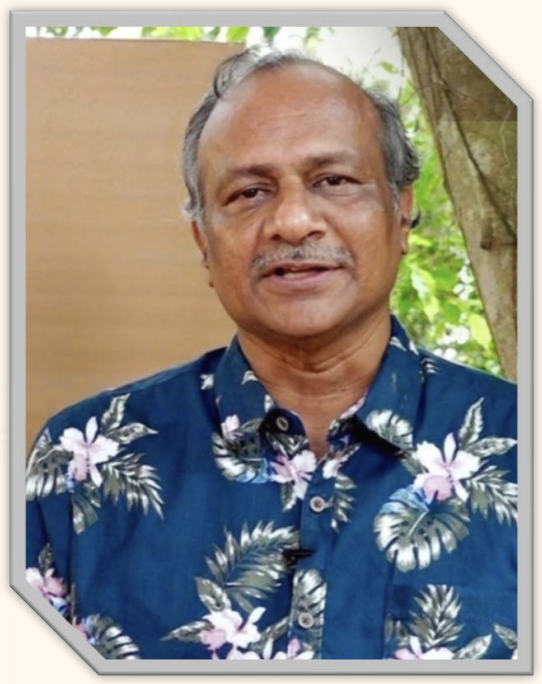Concept Note:
In this presentation, I seek to use Mahatma Gandhi’s strategy to bring together the premodern West, especially Christ, and India, to
combat modernity and colonialism. Following this strategy, an attempt is made to bring Socrates and India together. Introducing a
distinction between two forms of the word, word as spoken and as written, the presentation identifies how Derrida’s logocentrism is
about one form of the word, namely, the written. An attempt is made to show how his canvas consists of Plato (who wrote and is the
first metaphysician) and Nietzsche (who was the last Platonist). Consequently, the word as spoken is outside his critique of
logocentrism.
The outside logocentrism consists of the Orient, which Rousseau characterizes as speaking people, and Socrates, who, according to
Nietzsche, spoke but never wrote. Subsequently, I will discuss instances from India where the interpretations are more privileged
than the text which is interpreted. This contrasts the cases in the West where the text is privileged, making Derrida deconstruct the
text. In the end, a distinction is made between importance and usefulness that has implications for teaching Derrida and critics of
logocentrism in India.While upholding the former the question israised about the latter.
Click on the link below for registration:

